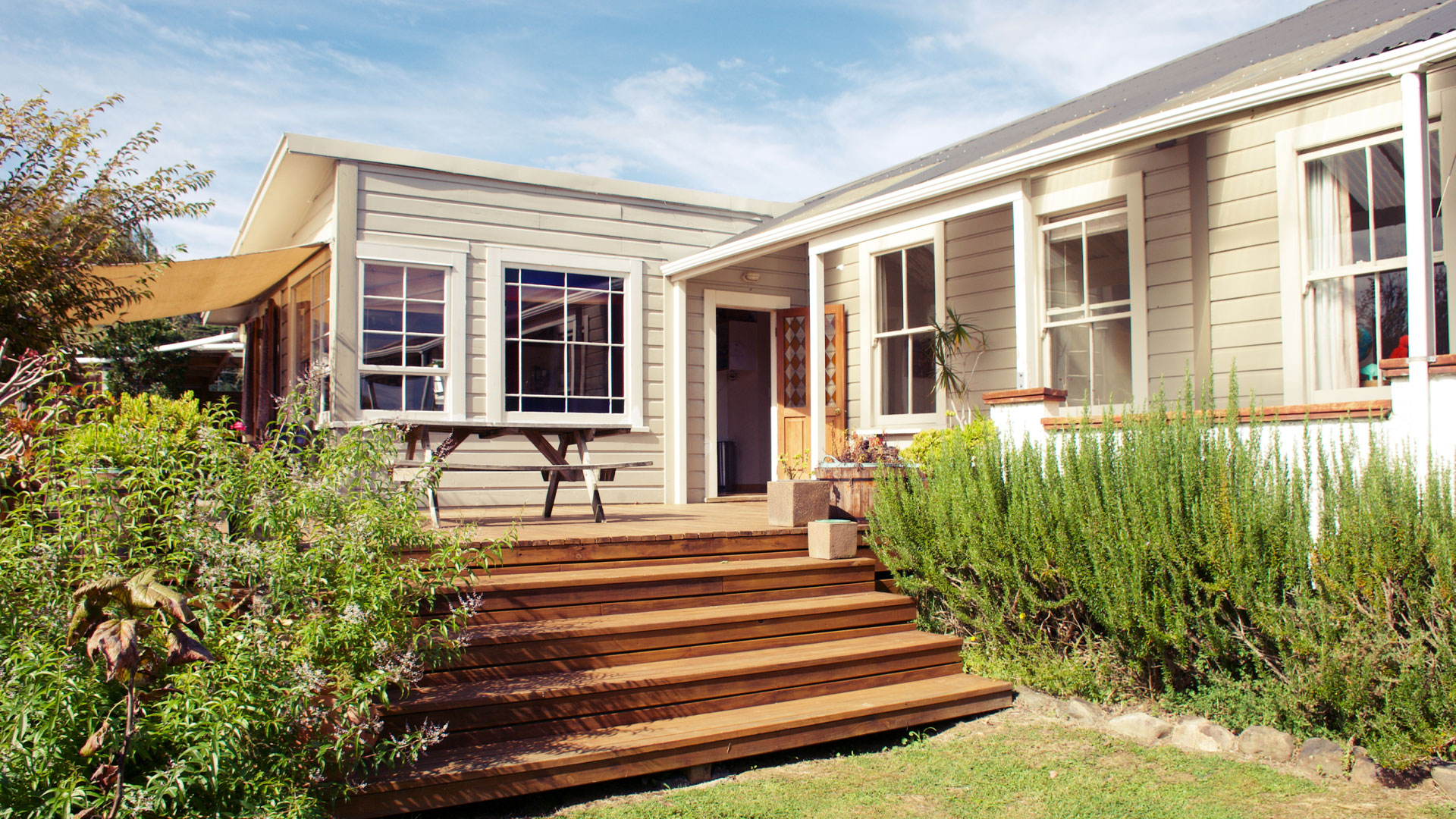Buying guide
How much can I borrow for a mortgage?
Before looking for a home, you should calculate how much you can borrow and afford for a mortgage.

What you’ll learn:
How much can I borrow for a mortgage?
How much of a mortgage can I afford?
How can I borrow as much as possible?
Regular income earners are treated differently to those that are self employed
Will pre-approval on a home loan tell me exactly what I can borrow?
How can my credit rating affect my ability to borrow for a mortgage?
Author
Search
Other articles you might like







